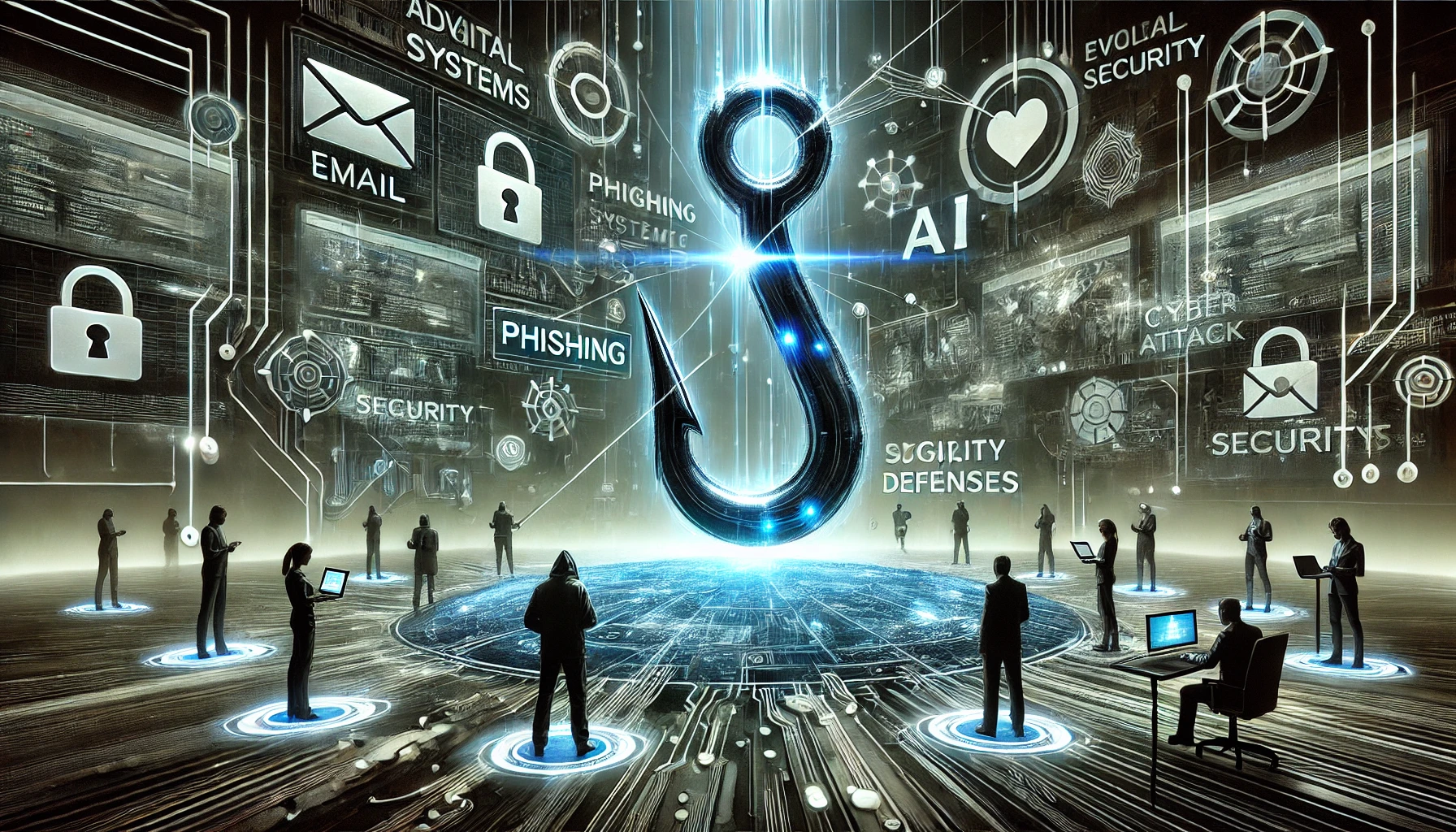Phishing Attacks Evolving: Why Email Alone Isn't Enough Anymore

Introduction: The Rise of Sneaky Phishing Tactics
Let’s face it, phishing attacks are no longer the clumsy, badly written scams of yesteryear. Today’s cybercriminals are more like the James Bonds of the digital underworld. They’ve ditched their 'Nigerian Prince' emails and are now adopting sophisticated tactics that go beyond your inbox. It’s not just about email security anymore – and that’s why businesses need to wake up and start thinking bigger. If you're still just focusing on your spam filter, you're already ten steps behind the cyber villains.
The Evolution of Phishing: It’s a Trap!
Remember when phishing was just about dodging that one email promising you millions from a mysterious inheritance? Well, those days are over. Today’s phishing attacks are like shapeshifters, evolving into social media messages, fake websites, and even voice calls. Yep, those annoying robocalls might not just be out to sell you car insurance. Cybercriminals are pulling out all the stops, using targeted attacks that can fool even the most tech-savvy among us. If email security is your only line of defense, you're basically bringing a knife to a digital gunfight.
Why Multi-Layered Defense Is the New Black
Here’s the thing: you wouldn’t wear just a t-shirt in a snowstorm, right? The same logic applies to your cyber defenses. You can’t rely on a single layer of protection anymore. What you need is a multi-layered defense strategy that includes everything from AI-powered detection systems to solid employee training programs. Think of AI as your digital watchdog, sniffing out suspicious behavior before it can cause any damage. And don’t underestimate employee training. Teach your team to spot red flags like weird URLs, dodgy email addresses, and unusual requests from their 'boss' asking for gift cards. Spoiler: your CEO doesn’t need your help to buy iTunes gift cards.
AI-Powered Phishing Detection: The Future Is Now
Artificial Intelligence is no longer just for sci-fi movies. Today, it’s your best ally in the fight against phishing. AI-powered systems can analyze billions of data points, flagging phishing attempts faster than a human could blink. They learn from past attacks, getting smarter with each one, and can spot patterns that would go unnoticed by a regular firewall or email filter. It’s like having Sherlock Holmes, but for your cybersecurity. The best part? AI never takes a vacation or leaves early on Fridays.
Employee Training: Because Humans Are Still the Weakest Link
No matter how sophisticated your tech is, it won’t save you if your employees are still falling for the oldest tricks in the book. Cybersecurity training is a must if you want to plug the human-shaped holes in your defenses. From phishing simulations to regular updates on new scams, there’s a lot you can do to turn your team from easy targets into digital bodyguards. Teach them to think before they click, double-check suspicious messages, and always question unexpected requests. After all, if your employees can spot a phishing attempt before it causes damage, that’s one less headache for you.
Building a Cybersecurity Culture: It’s Not Just IT’s Job Anymore
Gone are the days when cybersecurity was just the IT department’s problem. Today, it’s a company-wide responsibility. Every employee, from the intern to the CEO, needs to be in on the action. Cybersecurity culture means having the right tools, the right training, and the right mindset. Think of it as creating an office-wide forcefield – but way cooler than that sounds. Regular phishing drills, cybersecurity awareness programs, and having open conversations about risks can help keep everyone on their toes. Let’s face it, the moment your team starts thinking they’re immune to phishing is the moment a cybercriminal strikes.
Conclusion: Are You Ready to Out-Smart the Phishers?
Phishing attacks are not going away anytime soon. In fact, they’re only getting smarter, faster, and harder to detect. But by going beyond email security and adopting a multi-layered defense system, businesses can stay one step ahead. AI-powered detection, employee training, and a strong cybersecurity culture are no longer optional – they’re essential. So, is your business ready to take on these evolving threats, or are you still hoping your spam filter can save the day?



